Enemies of the People
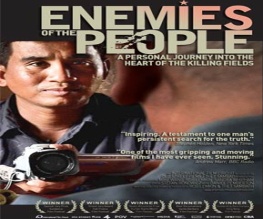
Thet Sambath and his “project”, as he calls it, Enemies of the People has been ten years in the making. The journalist has spent hours and hours interviewing dozens of people, gaining their respect and trust, looking to find answers and clarify those involved in possibly Cambodia’s darkest of moments in history. From his deeply personal yet professional vantage point, he puts together a documentary both intriguing and unsettling.
Enemies of the People begins with Thet setting out on what has become his day-to-day routine. From his home he travels out into rural Cambodia, accompanied by his crew and cameras, to the small home of Nuon Chea, Brother Number Two, once the right hand of Brother Number One; Pol Pot himself. Thet greets the older man with respect and explains to the camera that he has been seeing Nuon Chea for years, with the ultimate goal of getting him to concede that the Khmer Rouge had ordered the killings that racked the country in the 70’s. This is something – Thet reveals only to the audience initially – that resonates with him personally, as he lost his father, mother and brother during that time. Fortunately Thet approaches his work with a genuine professionalism and he wants the truth not just for his sake but rather because such an admission of guilt has never been officially given from those once in the inner echelon. You never feel like he has an aggravated agenda besides wanting the truth.
We see Thet interviewing the “lowly” farmers who actually did the physical killings, as well as the “officers” who ordered them to do it. The former group is particularly interesting, and pertinent, as they offer a unique perspective on why they obeyed and how they feel after the years. Both groups, however, do portray an effort in “passing the buck” and this is I feel is actually part of the ideology behind the documentary. There are multiple people at fault, for various reasons, and Thet seeks every level of responsibility. Something seldom done in other documentaries where the highest rank is usually the sole focus. The path the story takes is then somewhat laid down as each “level” passes itself along to a higher one, accompanying the overarching interviews with Nuon Chea (highest rung).
This is probably the documentary’s biggest success; it doesn’t point a finger of blame at a single individual. Instead, it shows us that there were simply too many people involved to peg just one as the entire impetus behind the terrible massacres. Therefore while the degree of responsibility varies between those on different social levels involved in the “killing fields”, (Khuon displaying his throat cutting skills is eerily memorable), Thet tries to display the occurrences as a whole and Nuon Chea is used as an authority figure to tie everything in together through his final admission.
It does, however, encounter some problems along the way. In some regards, Nuon Chea admits responsibility early on and therefore some of the other intentions for the remainder are a little unclear – besides just getting more of a perspective. Also, for those relatively unfamiliar with the conflict (like myself before I saw the documentary), it can be difficult to pick up on the cultural nuances I could see were implied through the various places and names spoken about.
But overall the documentary is gripping and informative, and provides an engaging view into the Khmer Rouge – origin, motivation and method. Thet’s objective methodology is surprising in the wake of his personal history with the regime but ultimately Enemies of the People is all the more effective because of it.

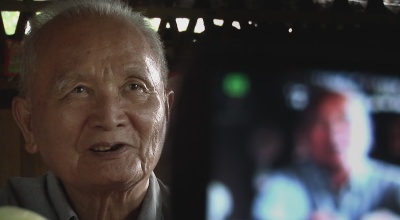

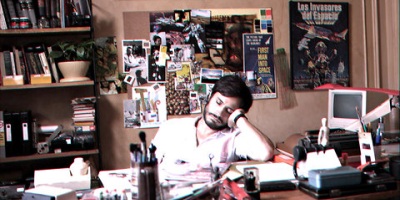
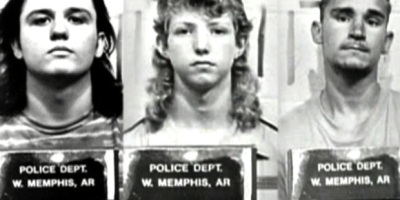

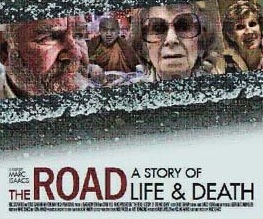
Recent Comments